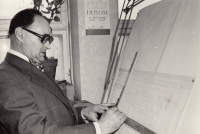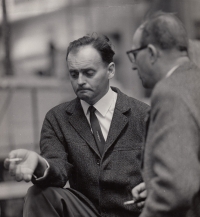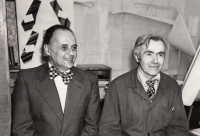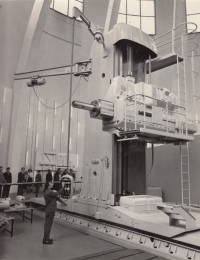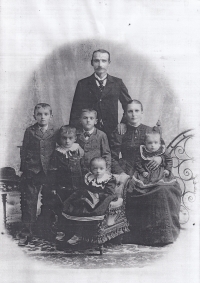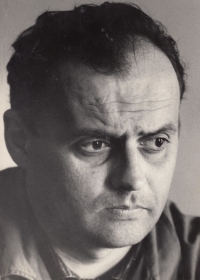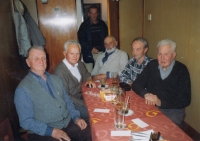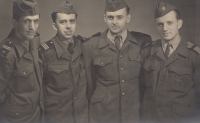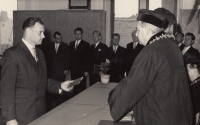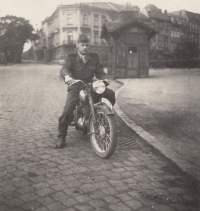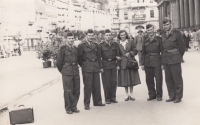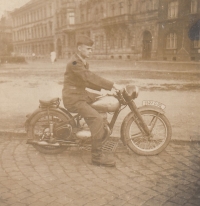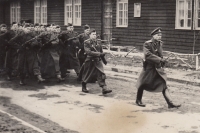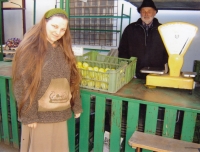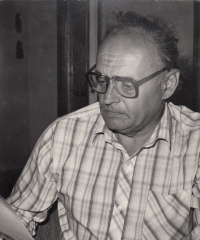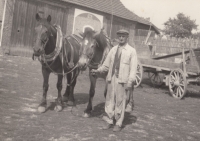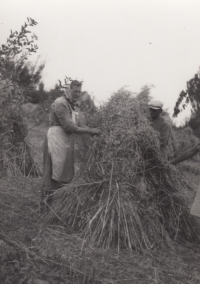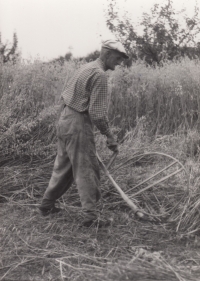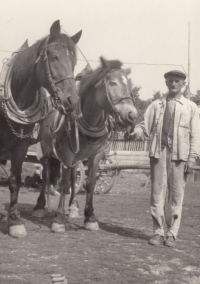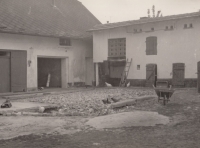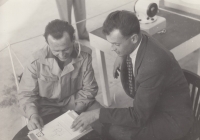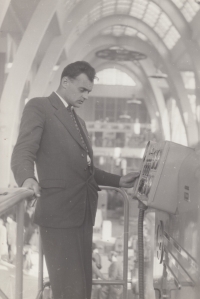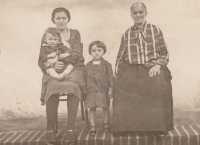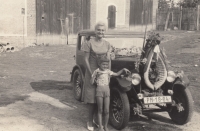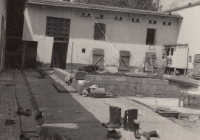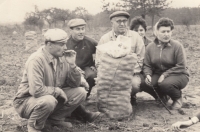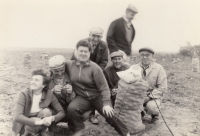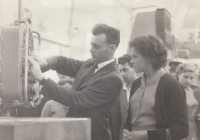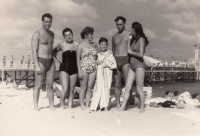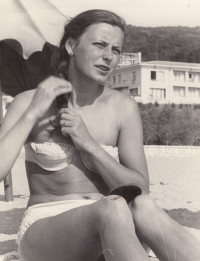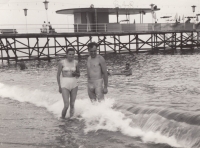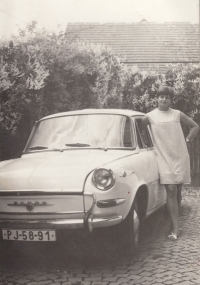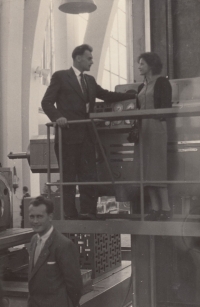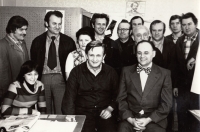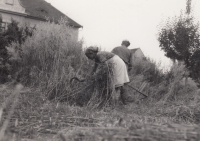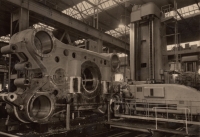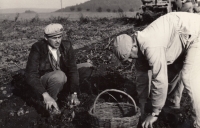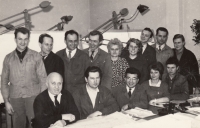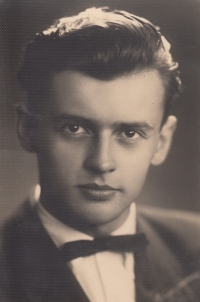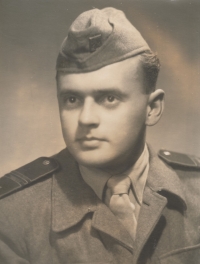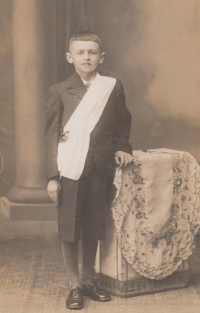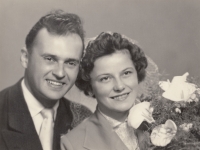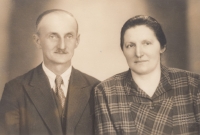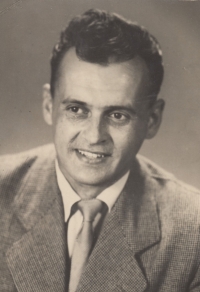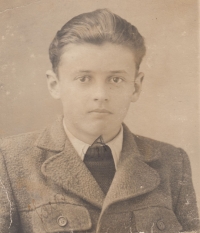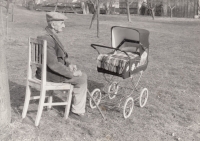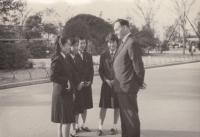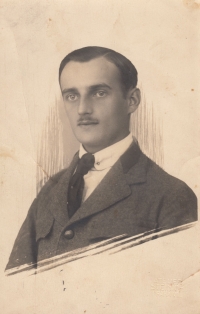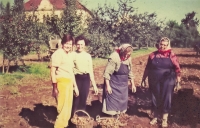When I came from a school, I had a ticket on the desk to which field to run

Stáhnout obrázek
Jaroslav Běl was born on February 25, 1929 in Skočice near Přeštice. His parents Josefa and Antonín worked in agriculture, since his childhood he had to help them. At the age of ten he experienced the occupation by the German army. For four months after the liberation in May 1945, a group of American soldiers lived in their house. Jaroslav studied at the industrial school in Pilsen in 1943-1947. In 1951 he joined the military service in Karlovy Vary, where he stayed until 1953. At that time on his way to Pilsen, he experienced events related to the announcement of monetary reform, after which he had to be questioned by the StB. Due to unsatisfactory cadre reference Jaroslav was not accepted at a university. He completed it later in the evening studies while working. He got married in 1957 and joined the Communist Party in 1966. He started his career as a technician of a well-known field in the Skoda factory in Pilsen. He learned English himself. He participated in numerous exhibitions, including the renowned EXPO 1967; during his business trips abroad, he visited India, Australia, Japan, Canada, Spain or Austria. In 1970, he was expelled from the Communist Party and deprived of the function of construction manager. In spite of that he stayed in Škoda until his retirement. He devoted himself to the plant growing, he received a bronze medal from the Czech Gardeners Association for his contribution to the development of gardening or a diploma for the 1st place in the competition Apple of the Year Bohemia.
